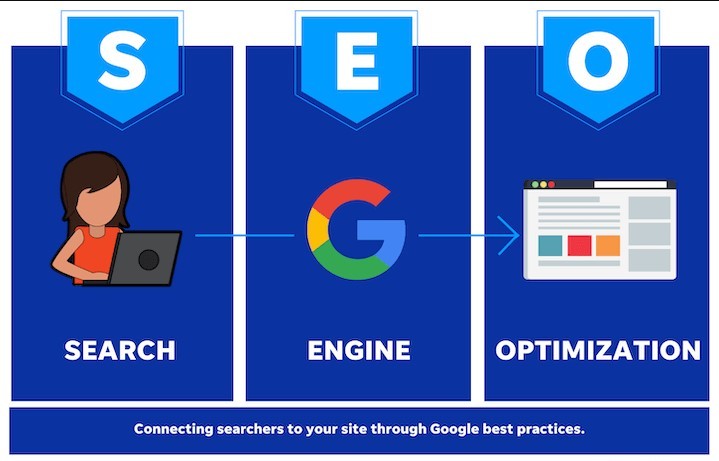
On-page SEO refers to the practice of optimizing individual web pages to improve their search engine rankings and drive organic traffic. This involves various elements that influence how search engines perceive and rank your content. Unlike off-page SEO, which focuses on backlinks and external signals, on-page SEO is entirely within the control of the website owner or content creator. Key aspects of on-page SEO include the use of Versicherungspolicen vergleichen relevant keywords, content quality, HTML tags, and user experience. Mastering these elements is crucial for creating a website that ranks well in search results and provides value to users.
- The importance of Keyword Optimization
At the core of effective on-page SEO is keyword optimization. This involves researching and selecting the right keywords that potential customers are searching for. Proper keyword usage helps search engines understand the content of your pages and connect them with relevant search queries. Keywords should be strategically placed in key locations, including the page title, headers, meta descriptions, and within the body of the content. However, it’s essential to use keywords naturally and avoid “keyword stuffing, ” which can lead to penalties from search engines. Long-tail keywords, which are more specific phrases that typically have lower search volume but higher intent, can also be beneficial for targeting niche audiences.
- Crafting Compelling Title Tags and Meta Descriptions
Title tags and meta descriptions play a critical role in on-page SEO as they directly impact click-through rates (CTR) from search engine results pages (SERPs). The title tag, which appears as the clickable headline in search results, should be concise, informative, and include the primary keyword. It is typically recommended to keep it under 60 characters to ensure it displays correctly. The meta description provides a brief summary of the page content and should be engaging and relevant, ideally containing the target keyword. While meta descriptions do not directly influence rankings, a well-written description can entice users to click on your link, increasing traffic to your website.
- Improving Content Quality and Structure
Content quality is one of the most significant factors influencing on-page SEO. Search engines prioritize content that is valuable, informative, and engaging for users. To optimize content, businesses should focus on creating well-researched articles, blog posts, and resources that address the needs and interests of their target audience. Additionally, the structure of the content matters; using headers (H1, H2, H3) to break up text not only improves readability but also helps search engines understand the hierarchy of information. Incorporating multimedia elements, such as images and videos, can further enhance user engagement. Furthermore, ensuring that content is updated regularly and free from errors contributes to better rankings.
- Enhancing User Experience and Technical Elements
User experience (UX) is increasingly recognized as a critical factor in on-page SEO. A website that loads quickly, is mobile-friendly, and provides easy navigation encourages users to stay longer and engage with the content. Page speed can significantly impact bounce rates, so optimizing images, leveraging browser caching, and minimizing server response times are essential steps. Additionally, technical elements such as proper URL structures, the use of alt text for images, and internal linking strategies can enhance SEO performance. A clean, organized website not only benefits search engines but also fosters trust and satisfaction among users, leading to higher conversion rates.
Conclusion
On-page SEO is a fundamental aspect of any successful digital marketing strategy. By focusing on essential elements such as keyword optimization, crafting compelling title tags and meta descriptions, enhancing content quality and structure, and improving user experience, businesses can significantly boost their search engine rankings and attract more organic traffic. As search engines continue to evolve and prioritize user intent, it’s crucial for website owners to stay informed about the latest on-page SEO best practices. Implementing these strategies will not only improve visibility in search results but also create a more engaging and valuable experience for users, ultimately driving growth and success for the business.